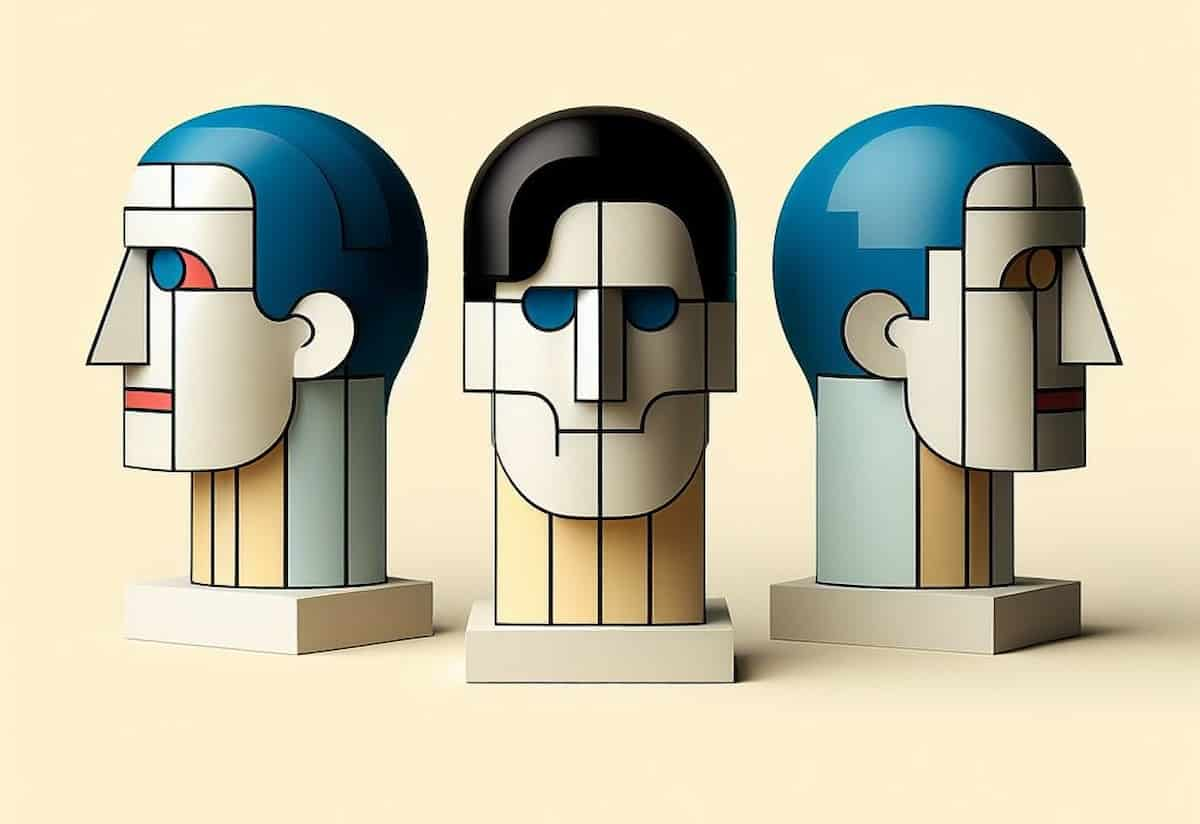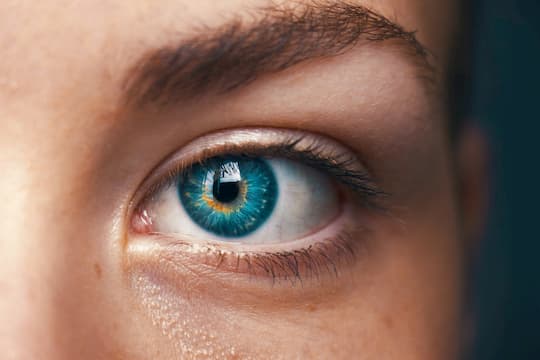Openness to experience is one of the Big Five personality traits, representing a person’s willingness to embrace new ideas, experiences, and perspectives.
This article explores the characteristics of openness, its benefits, and how it impacts creativity, relationships, and decision-making.
You’ll also discover tips to cultivate openness in daily life, understand its role in different cultures, and learn about the neuroscience behind this fascinating trait.
What is Openness to Experience?
Openness to experience is a personality trait that reflects curiosity, imagination, and a desire to explore new possibilities.
It is one of the five dimensions in the Five-Factor Model of personality, alongside conscientiousness, extraversion, agreeableness, and neuroticism.
Individuals high in openness are often drawn to creativity, abstract thinking, and diverse experiences.
Those lower in openness tend to prefer structure, familiarity, and practical approaches to life.
Openness is considered a fundamental trait that influences how people interact with the world and respond to change.
Characteristics of Openness
People high in openness to experience exhibit several defining characteristics:
- Creativity: They enjoy exploring artistic, musical, and literary pursuits.
- Curiosity: A strong interest in learning and understanding new concepts drives them.
- Imagination: They often engage in abstract and original thinking.
- Flexibility: They are open to different viewpoints and adapt easily to change.
- Risk-taking: They may embrace challenges and unconventional paths.
These traits make openness a key driver of innovation, learning, and personal growth.
Why Openness Matters
Openness to experience is linked to numerous positive outcomes in life.
It enhances creativity and problem-solving, enabling individuals to think outside the box.
In relationships, openness fosters understanding, empathy, and effective communication.
Professionally, it contributes to adaptability and innovation, which are critical in rapidly changing environments.
Openness also promotes mental well-being by encouraging a growth mindset and resilience in the face of uncertainty.
The Neuroscience of Openness
Recent studies shed light on how openness manifests in the brain.
Research suggests that individuals with high openness have greater activity in regions linked to imagination and cognitive flexibility, such as the default mode network.
This trait is also associated with higher dopamine activity, which supports curiosity and exploration.
Understanding the brain mechanisms behind openness helps explain why some people are naturally more inclined toward novelty and creativity.
Six Facets of Openness
The Five-Factor Model breaks openness into six distinct facets:
- Fantasy: A vivid imagination and a love for daydreaming.
- Aesthetics: Appreciation for beauty and artistic expression.
- Feelings: Awareness and expression of emotional depth.
- Actions: Willingness to try new activities and experiences.
- Ideas: Intellectual curiosity and a preference for abstract thinking.
- Values: Openness to re-evaluating beliefs and embracing diversity.
Each facet reflects a different aspect of this multifaceted personality trait.
Openness Across Cultures
Openness is a universal trait, but cultural norms influence how it is expressed.
Western cultures often associate openness with individualism, creativity, and personal growth.
In collectivist cultures, openness may manifest in ways that prioritise harmony and group well-being.
Studies show that openness is positively linked to education, urban living, and exposure to diverse environments across all societies.
How Age and Gender Influence Openness
Openness tends to fluctuate over a lifetime.
Young adults typically score higher on openness due to their exploratory nature and desire for novelty.
As people age, they may become more set in their ways, leading to a gradual decline in openness.
Gender differences also exist, with women often scoring higher on facets such as emotional awareness, while men may excel in abstract thinking.
How to Cultivate Openness
Openness is not fixed; it can be nurtured through intentional habits.
Here are practical tips to increase your openness:
- Expose Yourself to Art: Attend galleries, read novels, or explore new music genres.
- Challenge Your Comfort Zone: Try activities that push your boundaries, like cooking a new cuisine or travelling to unfamiliar places.
- Embrace Lifelong Learning: Take up a course, learn a language, or join a workshop to stimulate intellectual curiosity.
- Seek Diverse Perspectives: Engage in conversations with people from different backgrounds and viewpoints.
- Reflect on Your Beliefs: Question assumptions and remain open to evolving your worldview.
Balancing Openness and Stability
While openness has many benefits, excessive openness can lead to indecisiveness or an inability to commit.
Balancing openness with conscientiousness provides stability and ensures thoughtful decision-making.
This balance allows individuals to remain curious while maintaining structure in their lives.
Conclusion
Openness to experience is a dynamic and enriching trait that influences creativity, relationships, and adaptability.
By understanding its characteristics and nurturing it in daily life, you can unlock personal growth and meaningful connections.
Whether through art, learning, or embracing change, cultivating openness opens the door to a richer and more fulfilling life.









